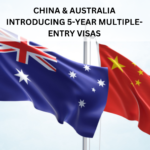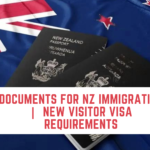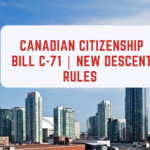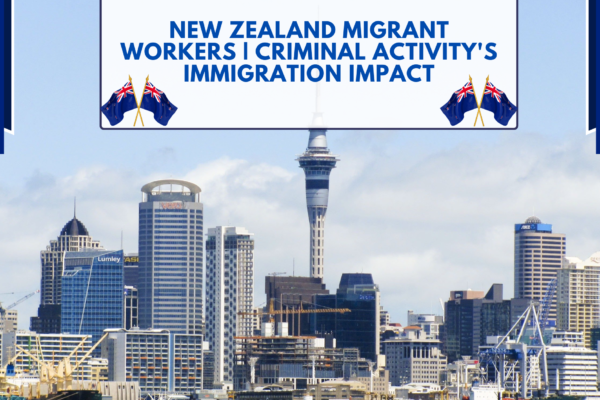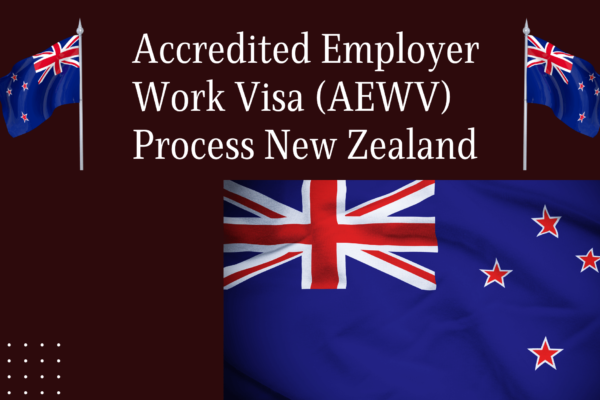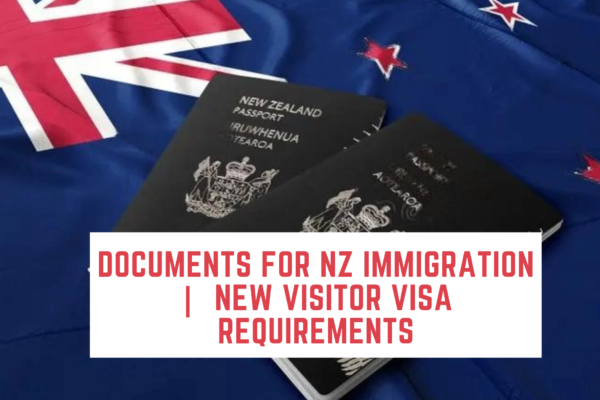
Documents for NZ Immigration | New Visitor Visa Requirements
Starting June 17, 2024, Immigration New Zealand (INZ) will require all visitor visa applications to be submitted in English. This new regulation is intended to simplify and speed up the application process for everyone concerned. To minimise delays, ensure that your papers are translated into English before submitting them to NZ Immigration. This modification applies to all supporting paperwork, making it critical that you properly prepare your documentation for New Zealand Immigration. By submitting your NZ Immigration paperwork in English, you assist to expedite and streamline the assessment process, resulting in simpler travel arrangements. Here’s everything you should know about this major upgrade. Why Translate Your Documents? Translating your papers into English can greatly reduce the processing time of your application by INZ. When NZ Immigration paperwork are in many languages, it takes longer to verify and understand. This additional step may create needless delays. However, by submitting all of your NZ Immigration documentation in English, you may speed up the process and lessen the possibility of delays. Having your NZ Immigration documentation in English not only allows authorities to better understand your application, but it also enhances the likelihood that it will be handled quickly and effectively. Which Documents Need Translation? You will need to provide English translations for all supporting documents for New Zealand immigration starting on June 17, 2024. This condition is critical to ensuring a smooth and quick visa application process. Here are the specific NZ Immigration paperwork that need to be translated: It’s crucial to note that medical and police certificates already require English translations if they are in another language, so this aspect remains unchanged. Ensuring that all your documents for NZ Immigration are translated accurately will help avoid any delays in processing your visa application. Properly translated documents for NZ Immigration facilitate clear communication and verification, leading to a more efficient application process. Therefore, make sure to prepare all necessary translations well in advance of your application submission date. Who Can Translate Your Documents for NZ Immigration? To ensure accuracy and reliability, you need to get your documents for NZ Immigration translated by appropriate sources. Here are your options: By using these trusted sources for translating your documents for NZ Immigration, you ensure that your application process will be smooth and efficient. Avoid delays by preparing your documents accurately and in compliance with the requirements set by Immigration New Zealand. How to Prepare Your Documents for NZ Immigration All visitor visa documentation for New Zealand immigration must be in English as of June 17, 2024. Here’s a comprehensive resource to help you prepare: By following these steps, you can ensure that your documents for NZ Immigration are correctly prepared, helping to avoid any delays in your visa application process. Benefits of Translating Your Documents Conclusion An easy visitor visa application procedure depends on having your paperwork ready in English for NZ Immigration. Immigration New Zealand (INZ) will only accept papers in English as of June 17, 2024; this criterion should not be overlooked.Obtaining the required documentation and locating a reliable translator who complies with the new guidelines should be your first steps in ensuring compliance. You may speed up the processing of your application and ensure compliance with regulations by adhering to these rules.If you need any help or have any issues at all throughout this procedure, you should think about speaking with a certified immigration advisor. Their knowledge may provide priceless direction in handling any complications that may occur. A successful and easy visa application procedure will be considerably enhanced by early planning and following these tips. To learn more about the latest information about immigration and visas, go on this page.


